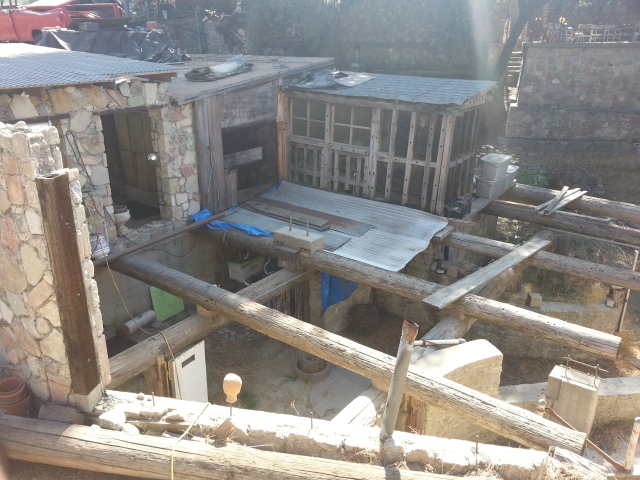The documentary Guns, Germs, and Steel shows Jared Diamond’s journey as he tries to answer a New Guinea residents question about why white men have more cargo (evidence of white man’s power) then they do. Through this question Diamond questioned why did some societies progress faster than other? Using this question as a basis Diamond looked into where it all began. From his findings he found that it first started in the middle east where they first began to farm foods rather than foraging or hunting. By farming these people were unknowingly learning to control nature and from there countries like China began doing the same thing. The reason why the people of New Guinea didn’t progress like other countries was due to the inequality in the crops they produced. The New Guinean people ate seigo trees which took longer to farm and harvest and were far less nutritious than crops like wheat and rice. Another instance that was against them was the lack of domestic animals that they could use to eat left over crops and their dung for fertilizer. By spending too much time feeding themselves New Guinea wasn’t able to advance like the rest of the world and caused them to fall behind the rest of the world. With enough food many civilizations were able to take their farming methods (wheat) and animals (cattle) to new countries and develop what is today’s power. The hand they had been dealt is another important factor that determined how much easier it was to develop, but definitely didn’t make it impossible to advance. In relation to sustainability this conclusion might show us that we should be taking advantage of our environment and fixing our food system since those are the main factors that have created power in the first place. What next would be how we should be going about creating a more regenerative food system.
Part 1: http://www.youtube.com/watch?v=cLJfZOyFpZo
Part 2: http://www.youtube.com/watch?v=TgYZ6gfqslQ
Part 3: http://www.youtube.com/watch?v=94olOX-JVRQ
In the TEDx Whitechapel on A New Story of the People, Charles Eisenstein gave a talk about how we “know that more beautiful world is possible; but our minds do not know how it’s possible”. Talking about how life runs like a story and that in our mindset the small things we do won’t make a difference, however our hearts know it’s possible, but don’t know how it can be possible. Through the pain of existing in our culture sometimes it’s hard to believe stories when everything is falling apart. Eisenstein then went to talk about how people can disrupt our story of separation and competition to act on a different story that then becomes our alternative. As we’ve realized that the world’s story is doomed we’ve become more and more open and in this transition there is a reunion of the heart and mind. So by affirming each other in what we already know and empowering us to instill the doubts we hold we can then accomplish the impossible. It was a very inspirational speech and did bring up many points that I’ve thought about to myself.







